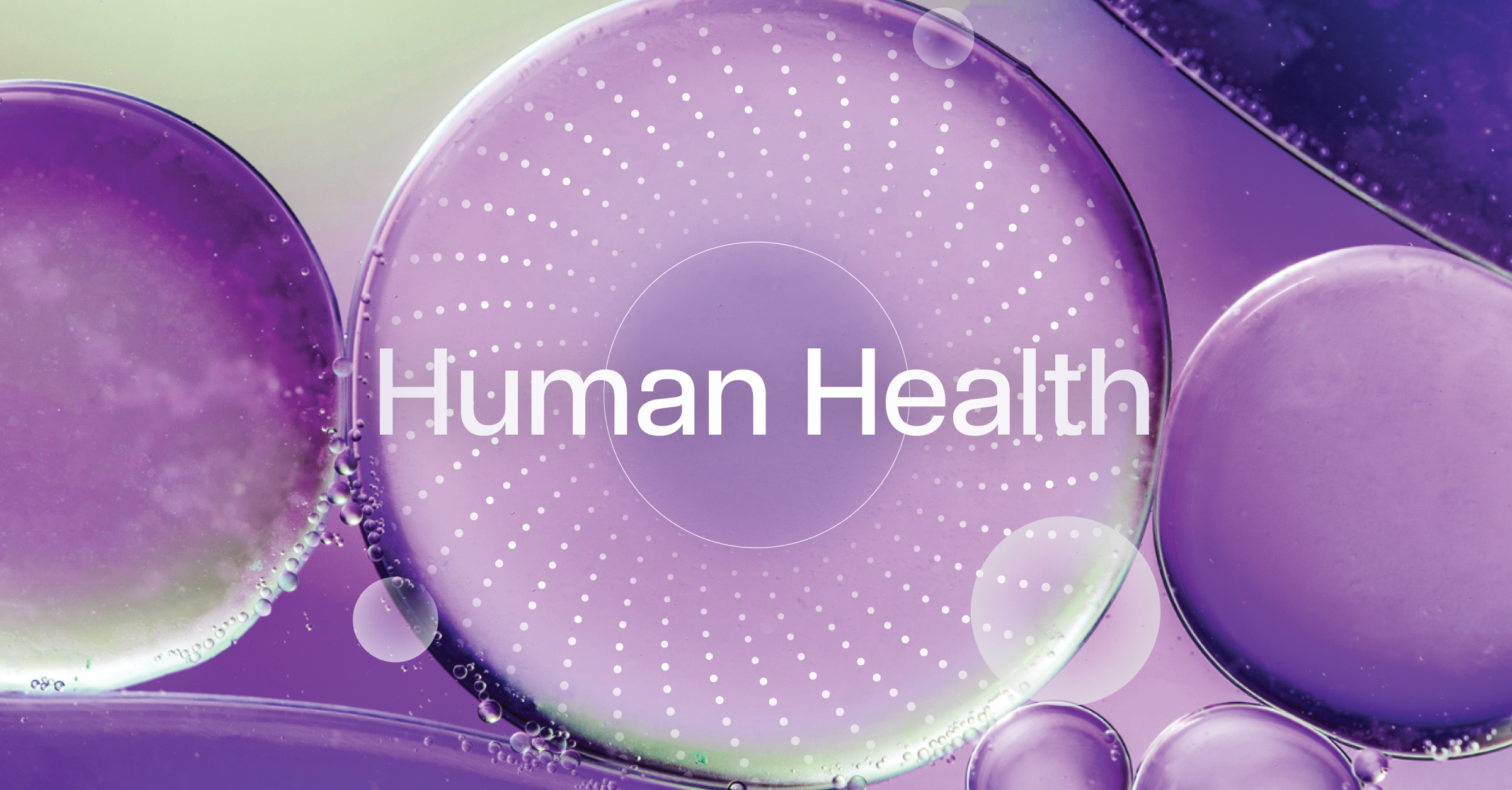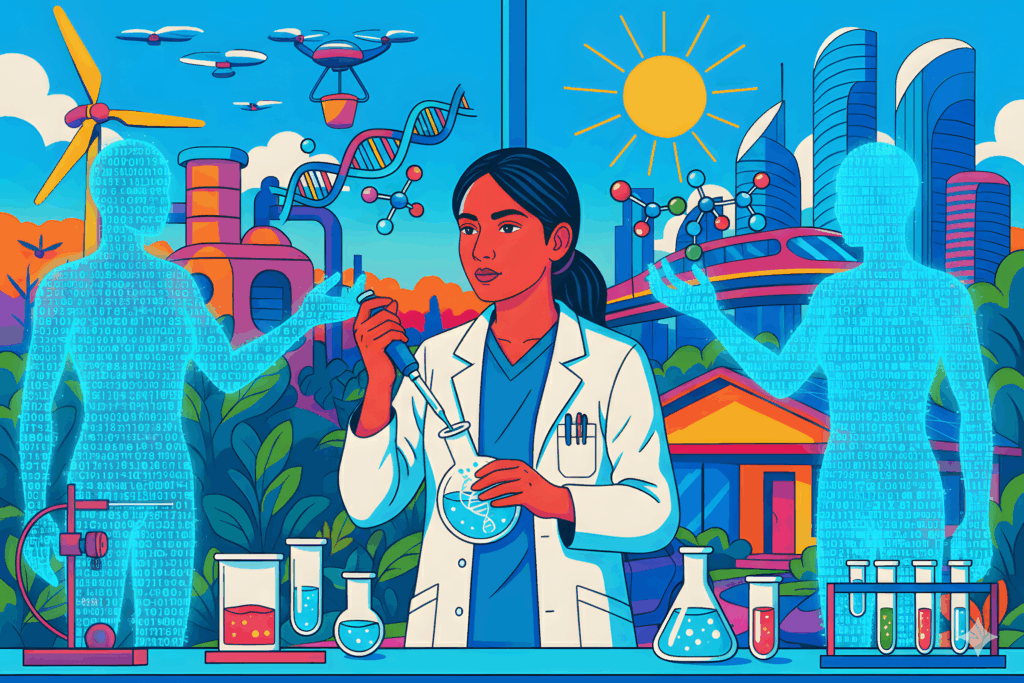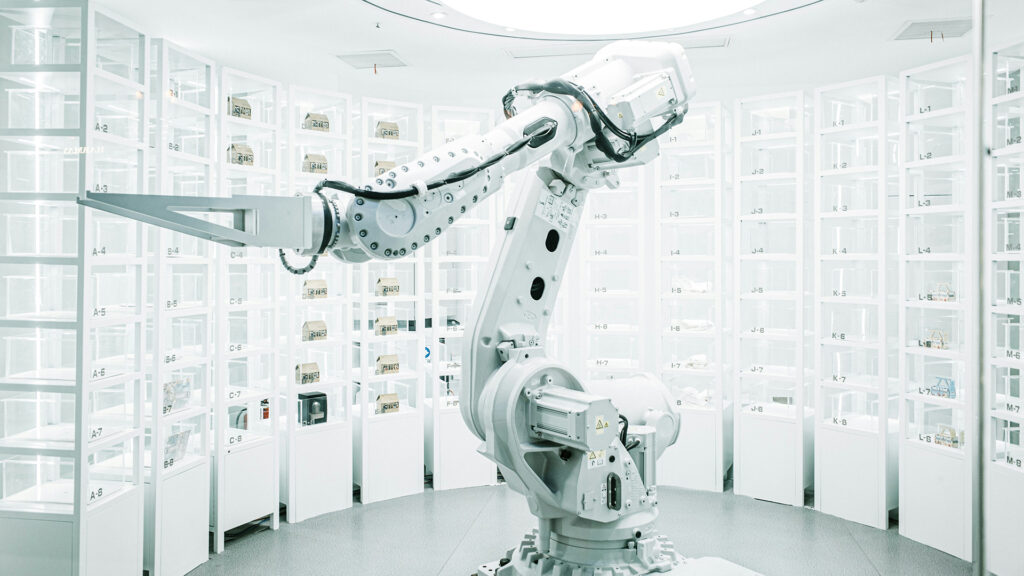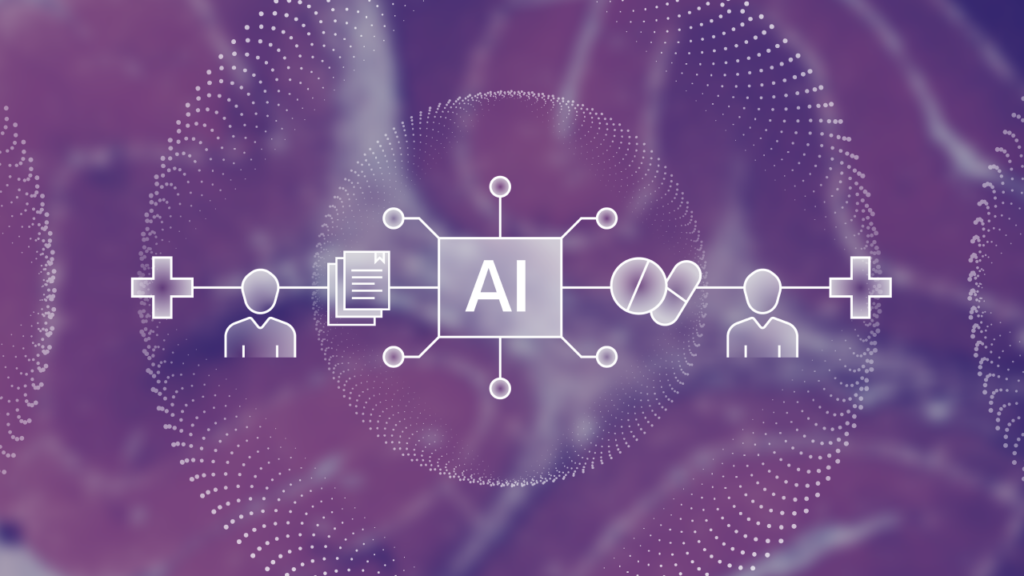Machines Will Help Heal Healthcare
Our predictions for 2025 and beyond
Vishal Vasishth |

Every few years, we hear about a medical advancement that breaks a barrier. Discoveries like Ozempic for diabetes and obesity and experimental cell therapies to cure lupus are hailed as discrete advances.
The next major wave of healthcare innovation, powered by generative science, will be more continuous. Machine intelligence will produce breakthroughs in methods and technologies that will enhance the entire healthcare value chain from bench to bedside.
Here are five bold changes we see on the horizon:
AI will revolutionize drug discovery.
AI-enabled advancements are already revolutionizing drug discovery. Models like AlphaFold 3 and OpenCRISPR are solving significant biological problems, such as designing novel gene-editing enzymes. AI-powered in silico methods improve hypothesis generation, target identification, and lead optimization. Obvious investments in Inceptive and GenHealth are delivering early evidence that machine intelligence can reduce the cost and time of biological research, accelerating the journey from initial discovery to early development.
Precision medicine will become truly personalized.
Precision medicine stands to benefit enormously from multimodal AI, which can process diverse data to deliver personalized treatment plans. Oncology is likely to see the first applications, with AI leveraging radiology scans, pathology slides, molecular diagnostic assays, and patient records. These models may detect cancer earlier, predict recurrence more accurately, and tailor individualized treatment plans with unprecedented effectiveness.
Clinical care will get a boost from AI assistants.
Clinical specialists at all levels—doctors, nurses, and staff—will carry a “clinical brain” to enhance and supplement their knowledge and experience. This “brain” will be trained on a vast quantity of textbooks, peer-reviewed papers, and the latest research, and it will democratize access to accurate real-time medical information. This tool will enable better decision-making for patients and providers, reducing unnecessary burdens and human errors.
Robotic automation will lead surgical suites.
Tele-operated robotic surgery is already a reality, and the next frontier is autonomous robotic surgery, which will enhance precision and efficiency in medical procedures. These advancements will lead to fewer errors, quicker recovery times, and more consistent surgical outcomes.
AI will streamline healthcare administration.
Healthcare administration will see significant changes with AI agents taking over core workflows. Tasks such as appointment scheduling, prior authorization, electronic medical record review, medical coding, and care coordination will be managed by AI, reducing administrative costs and allowing healthcare providers to focus more on patient care. This shift will streamline operations and improve the overall efficiency of healthcare delivery.



